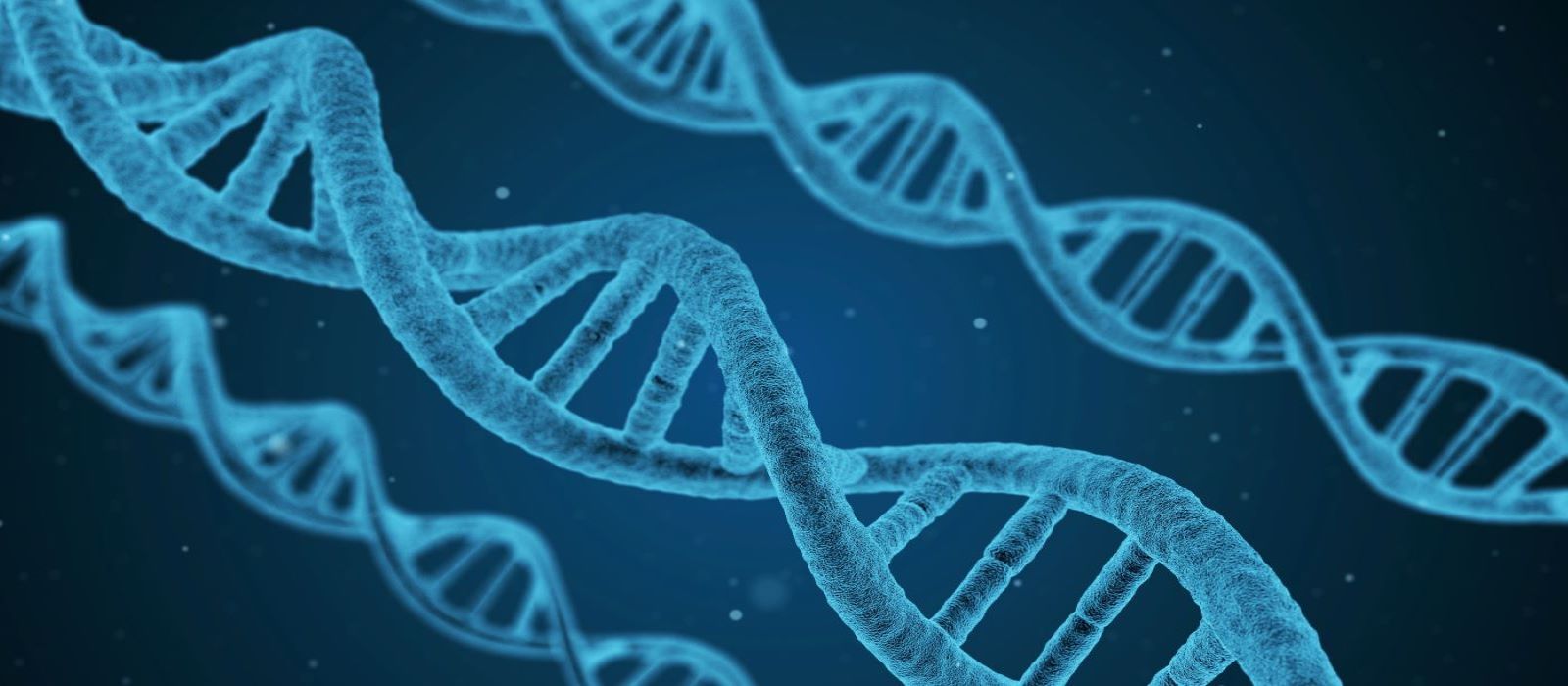Nanoscience is the study of matter and the development of materials at a very small scale. The size of this scale is in the order of 10 to a thousand atoms, and the unit of measurement is the nanometer—one millionth of a millimetre or one hundred thousandth of the width of a hair.
The applications for this field of study are limitless. Nanoscience has the potential to revolutionalize a broad range of industries, from construction and aeronautics to vehicle design and biomedicine. Nanoscience helps improve the delivery of cancer fighting drugs in the body and allows for more precise diagnosis of disease. It provides more effective ways to collect and store solar energy, as well as measure and control pollution. Nanowires have remarkable properties that are useful for storing computer data, while nanoparticles can be fixed onto surfaces in layers to give them new and more desirable attributes, including mechanical strength and chemical activity.
In addition, nanoscience enables us to create smaller, smarter, lighter, cheaper and faster electronic devices—one need only look at the evolution of cell phones for a good example of how quickly advances in nanotechnology can shape our world.
Chemistry with Concentration in Nanotechnology B.Sc. Honours
Carleton offers an innovative Concentration in Nanotechnology to students in the Bachelor of Science (BSc) Honours program in Chemistry. Nanotechnology techniques involve the synthesis and characterization of new materials containing only a few atoms deposited on a surface or a self-assembly of molecules.
Applications of nanotechnology have already given rise to a host of novel materials with enhanced strength and flexibility for the aerospace industry. In medicine, new methods of drug delivery via controlled time release and new treatments for cancer have come about from nanotechnological advances. Undoubtedly, future applications of nanotechnology will be visible in many areas including the development of microchips for the electronics industry.
![]() Honours chemistry at Carleton University provides a challenging, 20.0 credit degree that ensures a great preparation for work or possible graduate studies. Professors are enthusiastic, and instrument and lab technologists are helpful and friendly. Carleton offers the opportunity for undergraduate lab experience, summer employment and teaching assistant (TA) positions. The program gives a very thorough education in chemistry but also allows room for a variety of other disciplines to be explored. I have received from Carleton everything that I expected to and much, much more.
Honours chemistry at Carleton University provides a challenging, 20.0 credit degree that ensures a great preparation for work or possible graduate studies. Professors are enthusiastic, and instrument and lab technologists are helpful and friendly. Carleton offers the opportunity for undergraduate lab experience, summer employment and teaching assistant (TA) positions. The program gives a very thorough education in chemistry but also allows room for a variety of other disciplines to be explored. I have received from Carleton everything that I expected to and much, much more.![]()
~Lewis Gauthier, fourth-year Chemistry
Visit the Undergraduate Calendar for full program and course information.
Click here to view the Degree Progression Chart for the Nanoscience Program.
